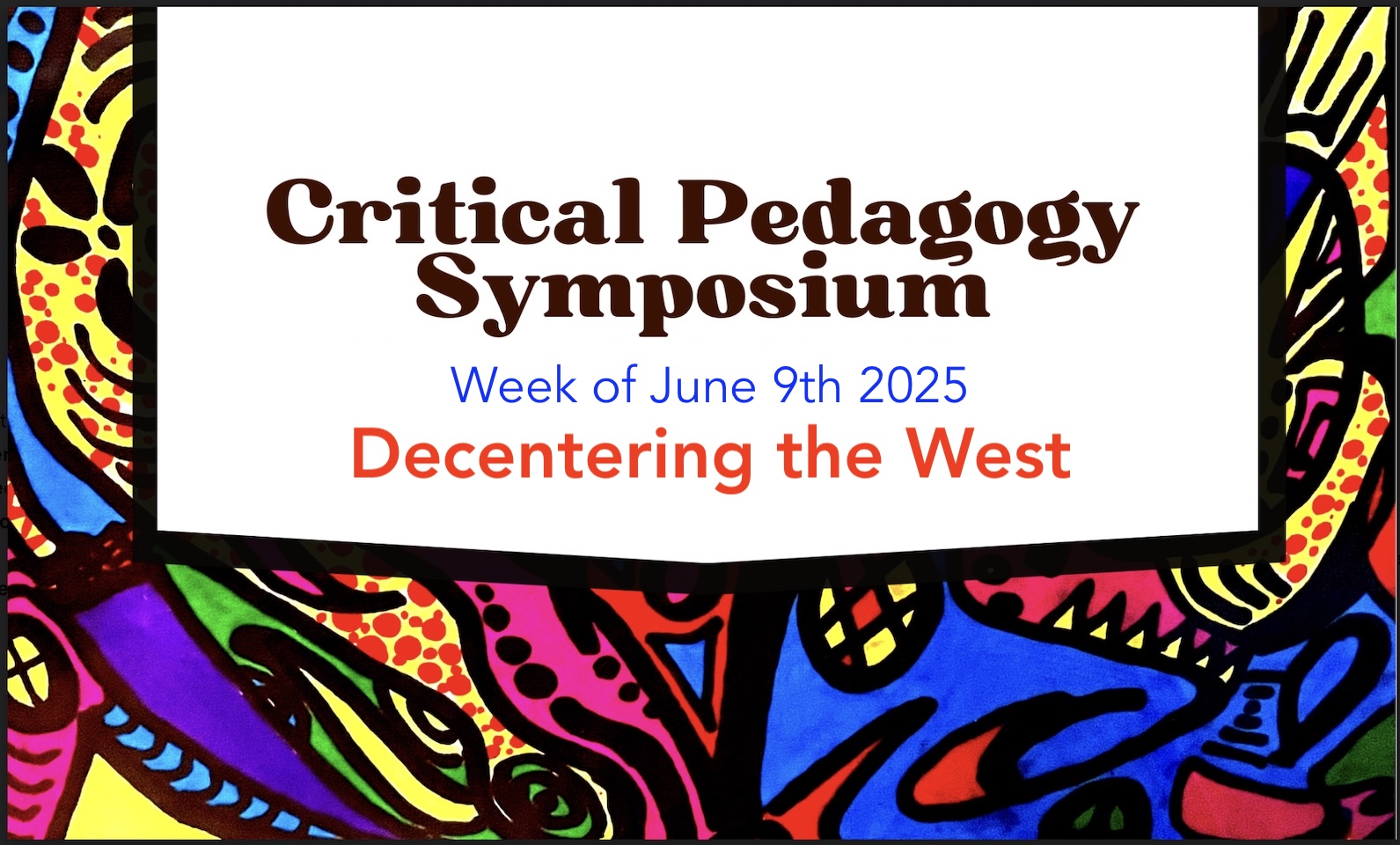Intersectional Methods: Conversations on Archives and Practice with a Queer and CRT Lens
Panel Conversation | Wednesday, May 17, 2023 | 3pm – 4pm EST
Using editorial methodology and chapters from a forthcoming book, Grabbing Tea: Queer Conversations on Archives and Practice as a focal point, presenters consider Critical Race Theory tenets, namely storytelling /counterstory, intersectionality, interest convergence, and racism as ordinary, overlayed with queer concepts of non-normativity, to unveil new considerations of praxis in our work and the larger LIS field. Participants will leave with an experiential consideration for methods to be applied to their work, that integrate both queer theoretical framings as well as CRT tenets, as practical applications.
[This panel conversation will not be recorded.]
Presenters: Nancy Liliana Godoy, Steven Fullwood, Lizeth Zepeda, Liliana C. González, Sara Howard, and Shawn(ta) Smith-Cruz. Moderated by Valencia L. Johnson.
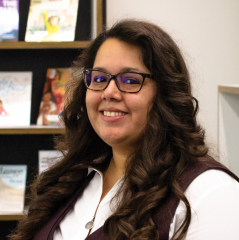
Nancy Liliana Godoy is the Director of Community-Driven Archives Initiative and Associate Archivist of ASU Library’s Chicano/a Research Collection. Under her leadership, the CDA team is reimagining and transforming 21st century academic libraries and archives by developing innovative solutions to dismantling power structures that lead to erasure and trauma for BIPOC and LGBTQ+ communities. She is the recipient of the Movers and Shakers – Advocates Award (Library Journal 2020), and the Archival Innovator Award (Society of American Archivists 2022). Godoy published “Community-Driven Archives: Conocimiento, Healing, and Justice” in the Journal of Critical Library and Information Studies (special issue on radical empathy in archival practice), which shares about the CDA Initiative and how the work is deeply influenced by Queer BIPOC feminist theory: Godoy believes Gloria Anzaldúa’s path to “conocimiento,” a Spanish word for knowledge, can be used to decolonize the mind, body, and soul of marginalized communities as well as reimagine BIPOC and Queer memory keeping.
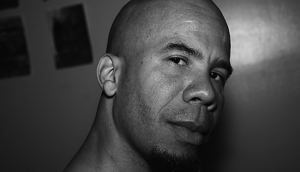
Steven G. Fullwood is an archivist, writer, and visual artist. He is the exhibition coordinator of Marking Time, art in the age of mass incarceration, currently on view at the Schomburg Center for Research in Black Culture. Steven is the co-founder of the Nomadic Archivists Project, an initiative that partners with organizations, institutions, and individuals to establish, preserve, and enhance collections that explore the African Diasporic experience. Fullwood is the former associate curator of the Manuscripts, Archives & Rare Books Division at the Schomburg Center. He is also the founder of the In the Life Archive, a project to collect, preserve and make available to the public materials produced by and about LGBTQ people of African descent, housed at the Schomburg Center. Fullwood’s published works include Black Gay Genius: Answering Joseph Beam’s Call (with Charles Stephens, 2014) and Carry the Word: A Bibliography of Black LGBTQ Books (with Lisa C. Moore, 2007).
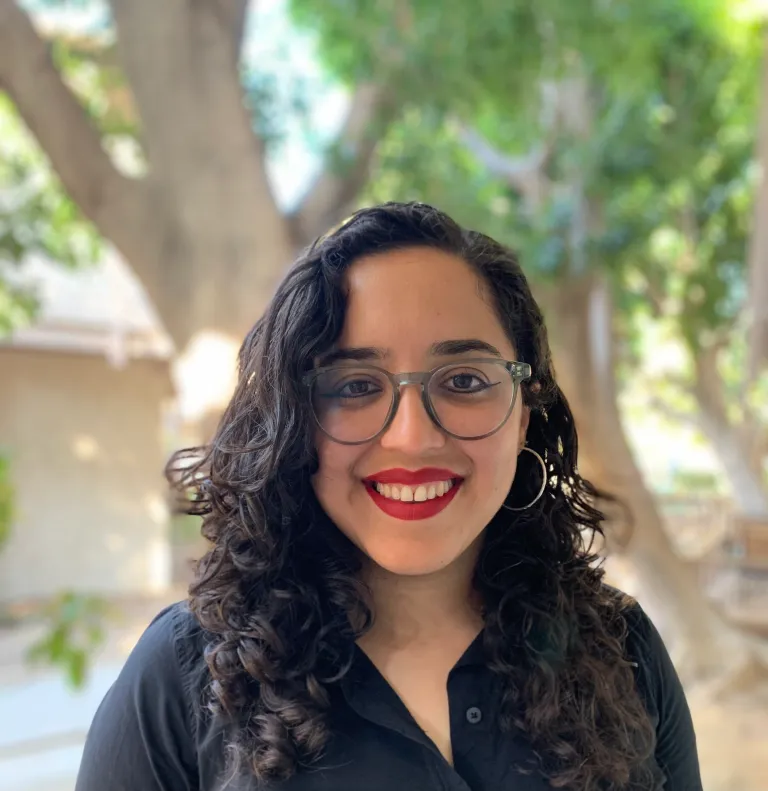
Lizeth Zepeda (she/ella) is originally from Santa Ana, Orange County, California. She is the university archivist at Loyola Marymount University in Los Angeles, California. She holds a master’s in library and information science from the University of Arizona’s School of Information and is a Knowledge River Scholar. She graduated with a B.A. from California State University, Long Beach in Psychology and Women’s Gender and Sexuality Studies. In 2018, she published an article in disClosure: Journal of Social Theory titled “Queering the Archive: Transforming the Archival Process.” When not working, she likes to go on hikes with her partner and dog, Monita, listen to audiobooks, and cross-stitch.
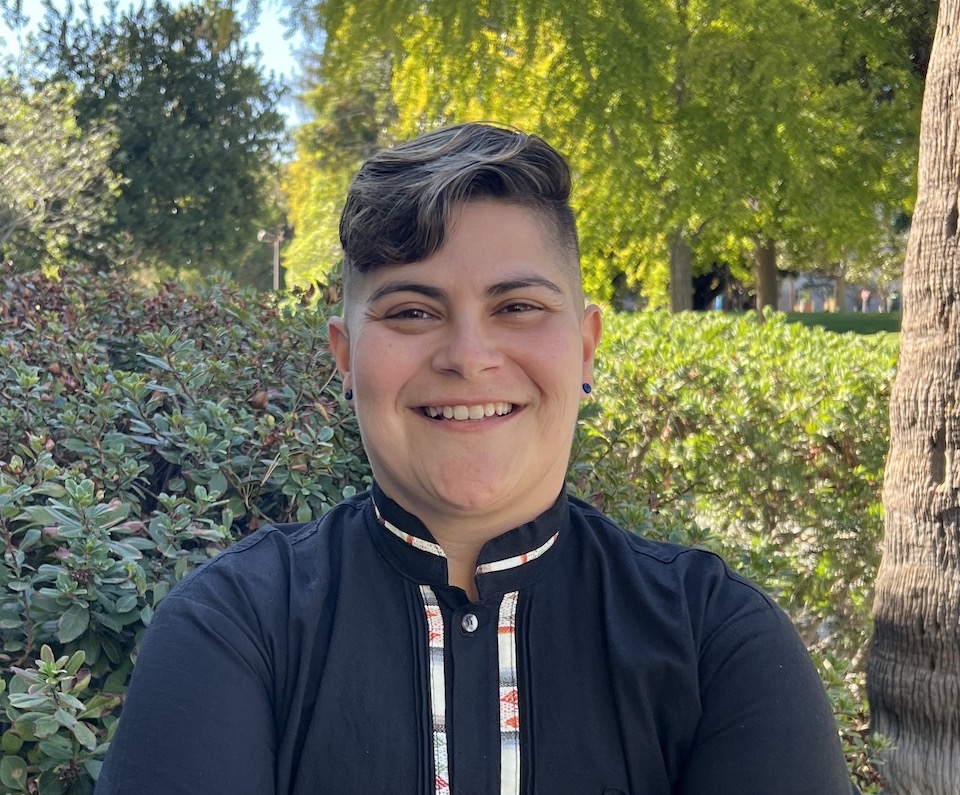
Liliana C. González is an assistant professor of Gender and Women’s Studies at California State University, Northridge. Her work is at the intersections of Chicanx, Latinx, and Latin American cultural studies, gender studies, and queer theory. She teaches courses on masculinities, feminisms, Mexican and Chicanx Literature, and narco culture. Her recent publications include the book chapter “Nostalgia for a Future: Queer Longings and Lesbian Desire in Ana Castillo’s The Mixquiahuala Letters,” appearing in the edited collection Transnational Chicanx Perspectives on Ana Castillo edited by Bernadine Hernández and Karen Roybal and “Border Fictions” in The Encyclopedia of Contemporary American Fiction. She is co-editor with Stacy I. Macías of the Journal of Lesbian Studies’ forthcoming special issue, “Chicana Lesbians: Re-Engaging the Iconic Text ‘The Girls Our Mothers Warned Us About.’
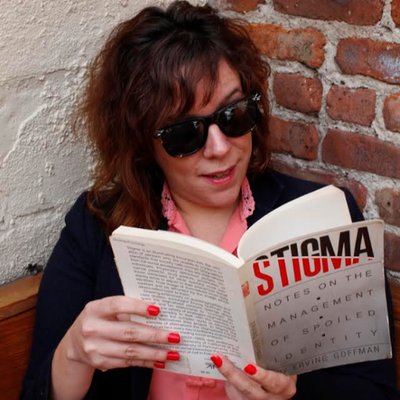
Sara A. Howard is the Librarian for Gender and Sexuality Studies and Student Engagement at Princeton University. Sara is the co-editor of a forthcoming two volume series Grabbing Tea: Queer Conversations on Archives and Practice and Grabbing Tea: Queer Conversations on Identity and Libraries expected Summer 2023 from Litwin Books/Library Juice Press. Sara’s research interests include; gender and labor, gender and performance and exploring traditionally and purposefully marginalized voices and materials within the academy.
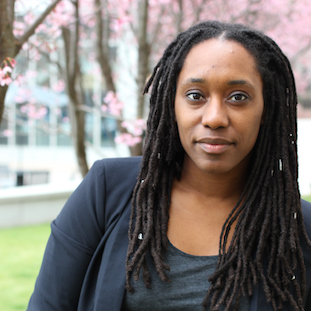
Shawn(ta) Smith-Cruz is an Assistant Curator and Associate Dean for Teaching, Learning, and Engagement at NYU Libraries. Shawn is also an adjunct assistant professor at Pratt School of information, teaching Reference & Instruction. Shawn is a co-coordinating volunteer archivist at the Lesbian Herstory Archives and a co-leader of the Reference & Instruction Special Interest Group at METRO where she co-curated this here Critical Pedagogy Symposium and Case Studies in Critical Pedagogy series. Shawn has a BS in Queer Women’s Studies from CUNY, an MFA in Creative Writing/Fiction, and an MLS with a focus on Archiving from Queens College.
Moderator: Valencia L. Johnson is the Archivist for Student Life at Princeton University. She engages with student organizations on managing and preserving their records, in analog and born-digital formats. As the creator of Amp Up Your Archives program, she works to create records management and archival initiatives to inspire students to view their records and materials as important documentation that is an equal to the administrative record of the university.
